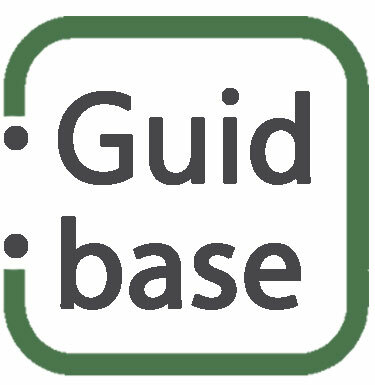Reading time: 4 min.
1. Define clear and SMART goals
1.1 Competent setting of team goals is one of the fundamental key skills of a leader, on which the further movement of the team depends.
1.2 Even a well-set goal may not be clear enough for the team to immediately accept it and begin to achieve it. What to do about it?
1.3 Sincerely believe in the importance of each goal set for the team and its value for each team member; if you yourself are not confident enough, it is unlikely that anyone will support you.
1.4 Prepare a description of each goal with answers to all the potential “why questions”.
1.5 Involve team members in setting goals, regularly collect their feedback on what opportunities they see where they work.
2. Communicate goals and expectations regularly
2.1 Setting goals and expectations is not a one-time event, but a regular process.
2.2 Please forget about boring goals. Remember that regular reminders of goals that you and your team members are ashamed of (or don't believe in) do not increase the team's desire to achieve them.
2.3 Create a culture of exciting goals; each team member should be happy and grateful for the opportunity to take part in achieving such goals - be an example for them in this.
3. Monitor and adjust goals and expectations as needed
3.1 Track progress towards team goals and inform team members about key points and milestones.
3.2 Remember that both goals and expectations can be adjusted, but this should not be abused; avoid unnecessary fuss and do not blur the focus of the team's attention.
3.3 If opportunities arise for the team, you can make adjustments to the goals, but be sure to communicate this to the team.
4. Celebrate and reward your team's achievements
4.1 Focus on positive changes and achievements; provide positive reinforcement as soon as possible after you see changes.
4.2 Don’t take achieving team goals for granted – the habit of devaluing often leads to complex systemic diseases; prevention is gratitude.
4.3 Be sincere in your praise and gratitude; praise loudly, thank each participant for their contribution to the common cause.
Key points
1. Please remember that it is important to set goals and expectations correctly. Communication is a logical continuation of goal setting.
2. Continuously develop your goal setting skills. Team members should be excited about their goals and enthusiastic about achieving them, rather than shy, afraid or hesitant.
3. Monitor positive changes, provide positive reinforcement, and sincerely thank the team.
Good luck!
1.1 Competent setting of team goals is one of the fundamental key skills of a leader, on which the further movement of the team depends.
1.2 Even a well-set goal may not be clear enough for the team to immediately accept it and begin to achieve it. What to do about it?
1.3 Sincerely believe in the importance of each goal set for the team and its value for each team member; if you yourself are not confident enough, it is unlikely that anyone will support you.
1.4 Prepare a description of each goal with answers to all the potential “why questions”.
1.5 Involve team members in setting goals, regularly collect their feedback on what opportunities they see where they work.
2. Communicate goals and expectations regularly
2.1 Setting goals and expectations is not a one-time event, but a regular process.
2.2 Please forget about boring goals. Remember that regular reminders of goals that you and your team members are ashamed of (or don't believe in) do not increase the team's desire to achieve them.
2.3 Create a culture of exciting goals; each team member should be happy and grateful for the opportunity to take part in achieving such goals - be an example for them in this.
3. Monitor and adjust goals and expectations as needed
3.1 Track progress towards team goals and inform team members about key points and milestones.
3.2 Remember that both goals and expectations can be adjusted, but this should not be abused; avoid unnecessary fuss and do not blur the focus of the team's attention.
3.3 If opportunities arise for the team, you can make adjustments to the goals, but be sure to communicate this to the team.
4. Celebrate and reward your team's achievements
4.1 Focus on positive changes and achievements; provide positive reinforcement as soon as possible after you see changes.
4.2 Don’t take achieving team goals for granted – the habit of devaluing often leads to complex systemic diseases; prevention is gratitude.
4.3 Be sincere in your praise and gratitude; praise loudly, thank each participant for their contribution to the common cause.
Key points
1. Please remember that it is important to set goals and expectations correctly. Communication is a logical continuation of goal setting.
2. Continuously develop your goal setting skills. Team members should be excited about their goals and enthusiastic about achieving them, rather than shy, afraid or hesitant.
3. Monitor positive changes, provide positive reinforcement, and sincerely thank the team.
Good luck!
Guidbase
© Guidbase. All rights reserved.
2024, info@guidbase.ru
2024, info@guidbase.ru

